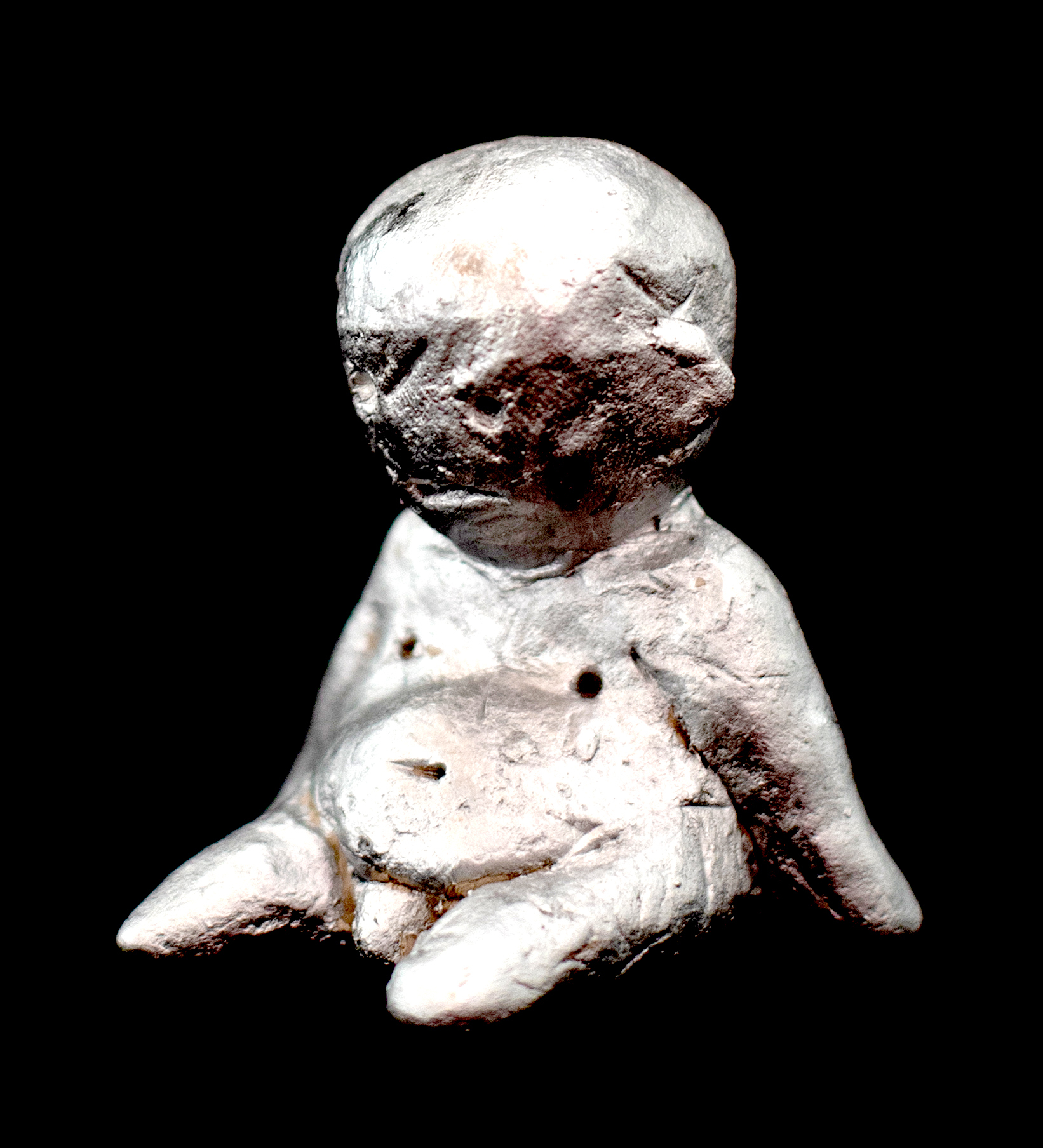Connect to the Structure
“Violence” and “насилие”
02032025
“Violence” and “насилие”—two words that might seem to mean the same thing, but in reality, they open the door to entirely different worlds.
For me, “насилие” is not about atrocities, not about bloody scenes, and not about piles of bodies. In the Russian language, the word “насилие” comes from the root “сила” (“strength” or “force”). It carries not only the meaning of aggression but also the act of change, transformation. It is not just about destruction; it is a process where something new is created through pressure, effort, and overcoming.
“Насилие над собой” (“violence against oneself”) is not about self-harm but about struggling with inner fears, about the strength we apply to ourselves to transform. “Насилие над природой” (“violence against nature”) is not about annihilation but about influence, about the transformation of the environment.
In English, however, “violence” is always about brutality and threat. It carries the connotation of uncontrollable aggression, destruction. “Acts of violence” sounds like a warning of danger, a herald of pain and chaos. In this word, there is no room for the metaphor of change or inner struggle—only the cold reality of raw force.
When I chose the title “Насилие” for my work, I was not aiming for horror or shock. I wanted to convey the essence of transformation, to show how through effort and pressure, something new is born. How, in the world of Selva, the process of adaptation and biotransformation is not destruction but evolution.
“Насилие” is a metaphor. A metaphor for how, through pain and fear, through inner struggle, through the world’s pressure on us, we can transform, find new meaning, create something greater.
For me, “насилие” is not about atrocities, not about bloody scenes, and not about piles of bodies. In the Russian language, the word “насилие” comes from the root “сила” (“strength” or “force”). It carries not only the meaning of aggression but also the act of change, transformation. It is not just about destruction; it is a process where something new is created through pressure, effort, and overcoming.
“Насилие над собой” (“violence against oneself”) is not about self-harm but about struggling with inner fears, about the strength we apply to ourselves to transform. “Насилие над природой” (“violence against nature”) is not about annihilation but about influence, about the transformation of the environment.
In English, however, “violence” is always about brutality and threat. It carries the connotation of uncontrollable aggression, destruction. “Acts of violence” sounds like a warning of danger, a herald of pain and chaos. In this word, there is no room for the metaphor of change or inner struggle—only the cold reality of raw force.
When I chose the title “Насилие” for my work, I was not aiming for horror or shock. I wanted to convey the essence of transformation, to show how through effort and pressure, something new is born. How, in the world of Selva, the process of adaptation and biotransformation is not destruction but evolution.
“Насилие” is a metaphor. A metaphor for how, through pain and fear, through inner struggle, through the world’s pressure on us, we can transform, find new meaning, create something greater.

